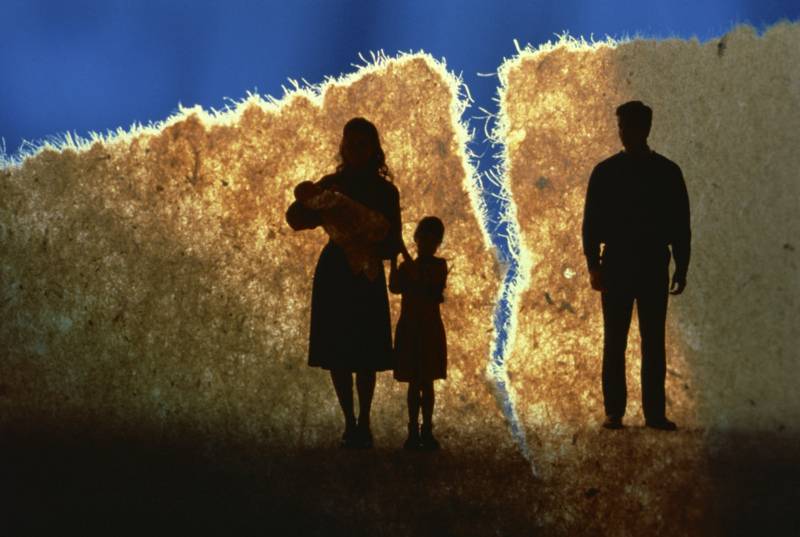Divorce is something that doesn’t only affect two individuals but disturbs quite a few lives. While the subject remains taboo in the Pakistani society and is hushed down, the damage it inflicts on countless lives cannot be ignored neither should individuals be discouraged from speaking on the issue. With the divorce rate in Pakistan on the rise due to a multitude of factors, it is high time society started acknowledging the difficulties those affected by divorce have to face.
Perhaps the most significant impact divorce has is on the children coming from split up families. While the emotional trauma that these children have to face is tremendous, it isn’t the worst thing that they have to experience. Society’s way of handling these children is far worse than anything they may experience.
While things might be easier for a child who is in his father’s custody, in the majority of the cases, the custody of the children is given to the mother. The moment this happens, a whole new world of problems opens up for these children thanks to the extremely patriarchal nature of the society that we live in.
From university application forms to bank and office related paperwork, everything requires an individual to fill out their father’s information. While the legal age for anyone to be considered a grown up individual is 18 years, no matter how old one is, he or she is faced with numerous questions related to his or her father while trying to get the simplest of things such as getting a bank account opened.
On most forms, one has to identify himself or herself as the son, daughter or wife of a certain person. When children decide to put their mother’s name in that slot, the name somehow never makes it to the final documents; it is almost as if the person is only the man’s child, even if the man has had nothing to do with the child all along.
This obviously doesn’t stop here. Whereabouts of an individual’s father, particularly if the individual is a girl, suddenly become something everyone around her seems to be interested in. Within no time of joining a new school, college or workplace, questions about what the girl’s father does, start being thrown at her. While some choose to avoid these questions by making up false scenarios – ideal situations which they’d rather be in – others decide to be bold about the scenario. The latter group, however, is then met with all sorts of reactions. From pity to sarcasm to harassment since the girl, being fatherless, has nobody to ‘protect her’, a girl coming from a broken family faces it all. At one point, it becomes difficult for her to tell whether a person showing concern is doing so because he genuinely is concerned or if he wants to exploit her situation knowing that she has nobody to fight for her.
The worst thing about the whole situation is how everybody feels like it is alright for them to inquire about a person’s family, asking the most insensitive questions at the most inappropriate of times. For people coming from broken families, there comes a point that there family setup starts defining them whether they want it to or not. Sympathy, when coming from strangers, shatters one’s confidence and confidence is something people coming from broken families need to build up from scratch every single day.
While divorce was, and will continue to be, something frowned upon, society needs to understand the importance of changing its attitude towards those who come from broken families. Instead of helping build up these individuals who have seen their entire worlds shatter around them, society continues breaking them down at every point. It is high time that changed.






